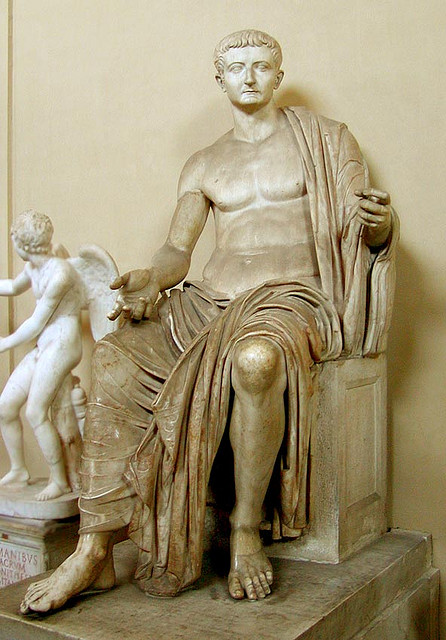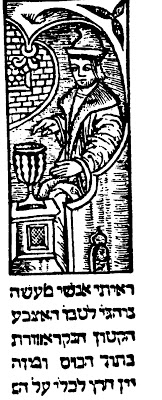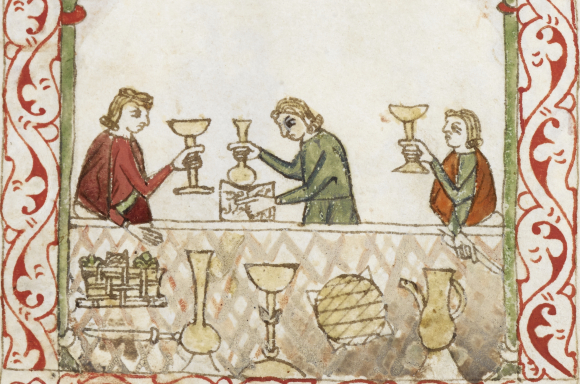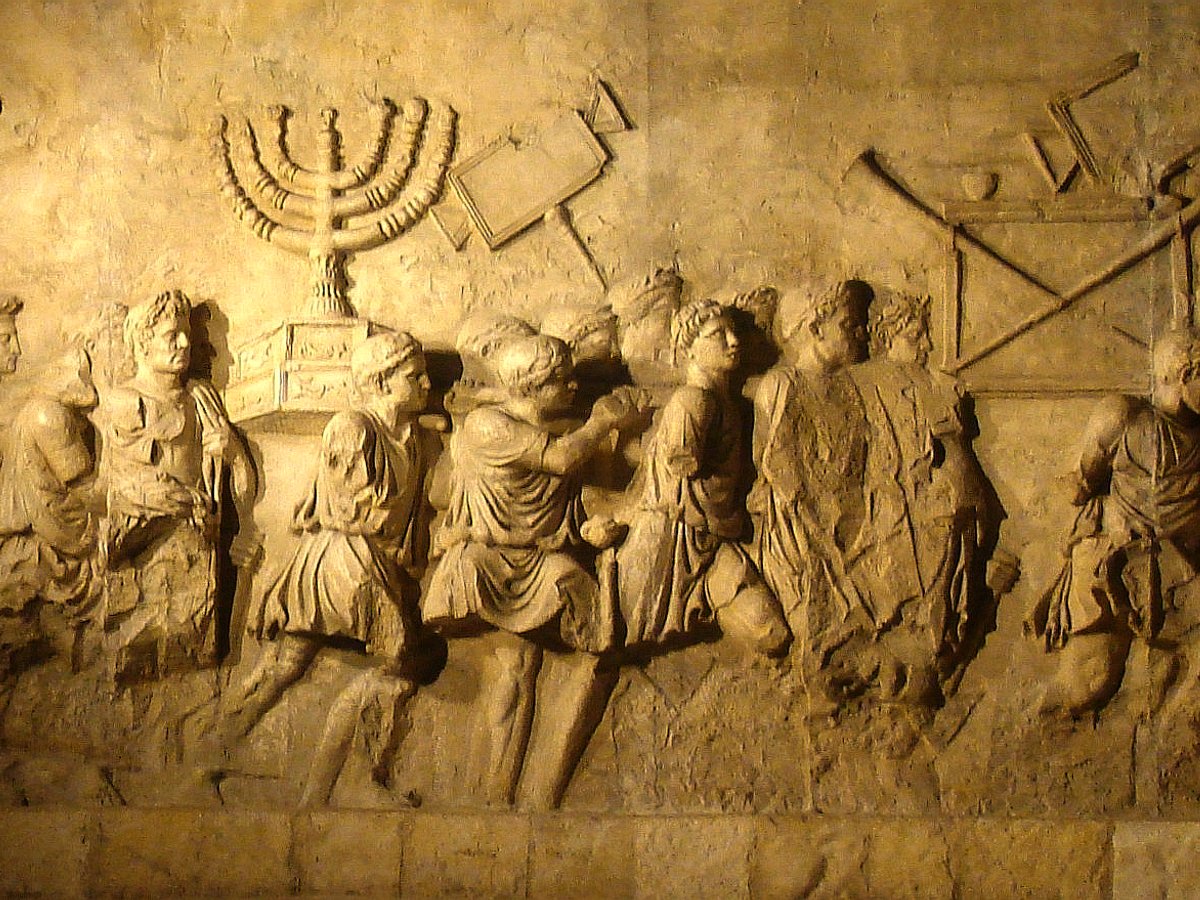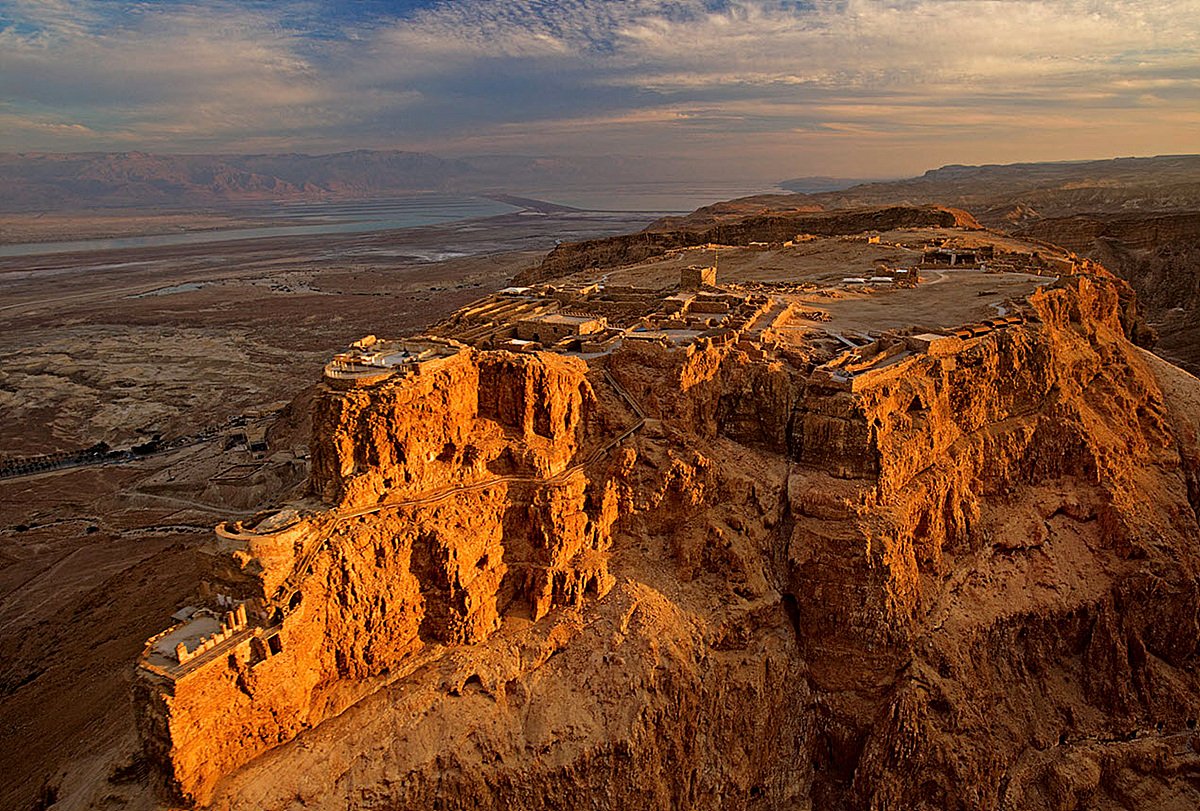
Stunning mosaic from near Edessa, dated to 194 CE, depicting Orpheus taming wild animals.
It has two inscriptions, a longer dedication and a shorter one that is the signature of the mosaic maker himself.
The shorter reads:
Barsaged, mosaic-maker, laid the mosaic.
1/4
It has two inscriptions, a longer dedication and a shorter one that is the signature of the mosaic maker himself.
The shorter reads:
Barsaged, mosaic-maker, laid the mosaic.
1/4
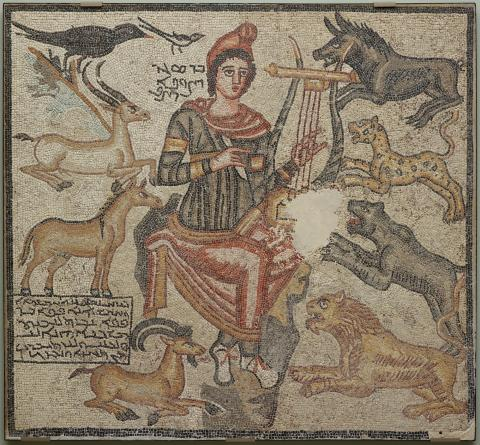
The longer reads:
"In the month of Nisan in the year five hundred and five, I, Papa son of Papa, made for myself this chamber of repose, for myself & for my children and for my heirs. Blessed be whoever sees and gives blessing."
The definitive study: academic.oup.com/jss/article-ab…
"In the month of Nisan in the year five hundred and five, I, Papa son of Papa, made for myself this chamber of repose, for myself & for my children and for my heirs. Blessed be whoever sees and gives blessing."
The definitive study: academic.oup.com/jss/article-ab…
Interestingly, Orpheus taming wild animals appears to have been a popular mosaic motif in Edessa.
J. B. Segal pictured this mosaic, which has since been lost.
J. B. Segal pictured this mosaic, which has since been lost.
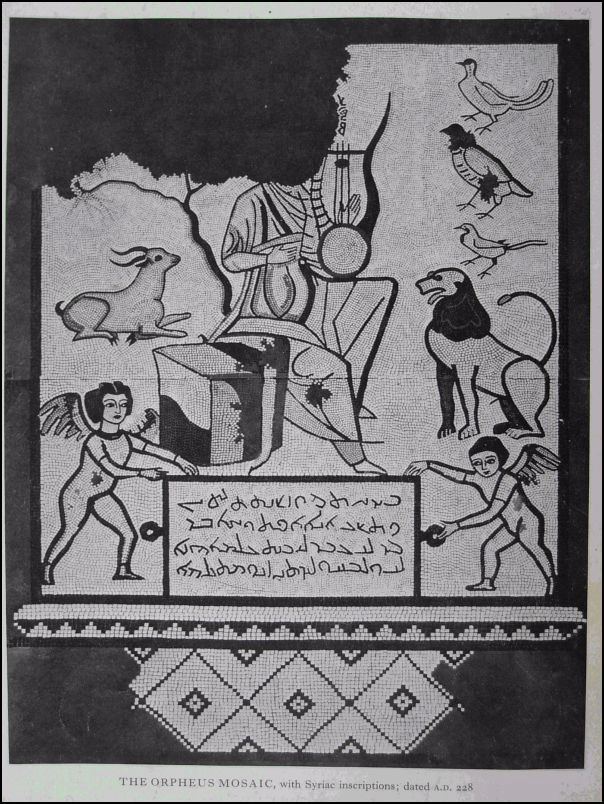
Though the first mosaic is currently in the Haleplibahçe Mosaic Museum, this was after it was returned by @DallasMuseumArt.
It had been sold by @ChristiesInc with no provenance information.
Read more about the case here: art-crime.blogspot.com/2020/04/rememb…
It had been sold by @ChristiesInc with no provenance information.
Read more about the case here: art-crime.blogspot.com/2020/04/rememb…
• • •
Missing some Tweet in this thread? You can try to
force a refresh





